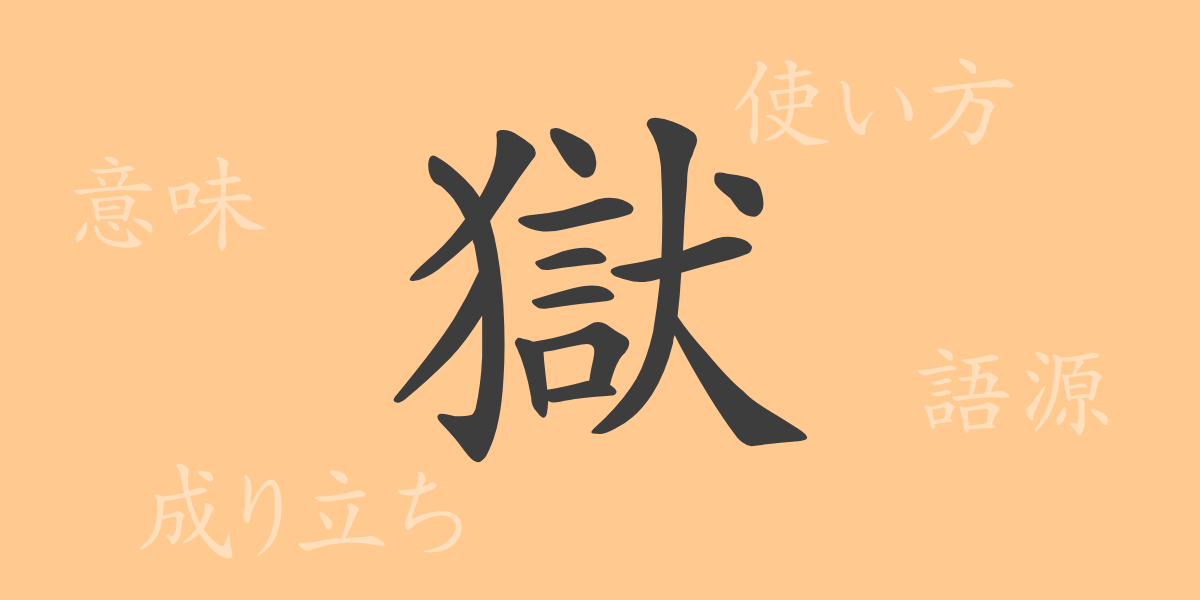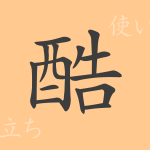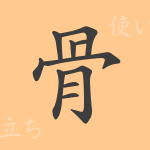Within the rich literary culture of the Japanese language, common kanji form the foundation of communication. This time, we delve into the kanji “獄” (ごく, goku), exploring its origin, meaning, usage, and its influence on Japanese life. Let’s uncover the historical background and modern role of this character.
Origin of 獄(ごく, goku)
The kanji “獄” (ごく, goku) has been used since ancient China to represent concepts related to law and justice. Its origin can be traced to the combination of the “犬” (けん, ken) radical and “勾” (こう, kou). This combination evokes the image of ancient prison guards using dogs to watch over prisoners. Consequently, the kanji “獄” (ごく, goku) came to signify the enforcement of law and prisons.
Meaning and Usage of 獄(ごく, goku)
The kanji “獄” (ごく, goku) is primarily used in terms related to criminal proceedings and prisons. Specifically, it refers to litigation in court, especially in criminal cases, and the facilities where criminals serve their sentences. Additionally, it is used metaphorically to describe difficult situations or inescapable hardships.
Readings, Stroke Count, and Radical of 獄(ごく, goku)
The kanji “獄” (ごく, goku) holds a special place in Japanese script culture due to both its form and meaning.
- Readings: The on’yomi (音読み) is “ゴク” (ごく, goku); there is no kun’yomi (訓読み).
- Stroke count: It consists of 14 strokes.
- Radical: The radical is “犬” (けん, ken), but it can also be seen as the “旁” (つくり) in “犯” (はん, han).
Idioms, Phrases, and Proverbs Using 獄(ごく, goku)
There are various idioms and phrases in Japanese that include “獄” (ごく, goku). For instance, “獄中” (ごくちゅう, gokuchuu) literally means “in prison,” but it can evoke imagery of letters from prison or life within a prison. The expression “獄に落ちる” (ごくにおちる, goku ni ochiru) means to end up in prison but can also metaphorically describe getting into significant trouble.
Conclusion on 獄(ごく, goku)
The kanji “獄” (ごく, goku) is deeply rooted in Japanese language and culture. By examining its origin and the evolution of its meaning to the present day, we can understand the power of words and their relationship with society. “獄” (ごく, goku) represents more than just a character; it influences people’s lives and psychology. As a symbol of law and order and a metaphor for hardship, this kanji is an indispensable element of our language.

























